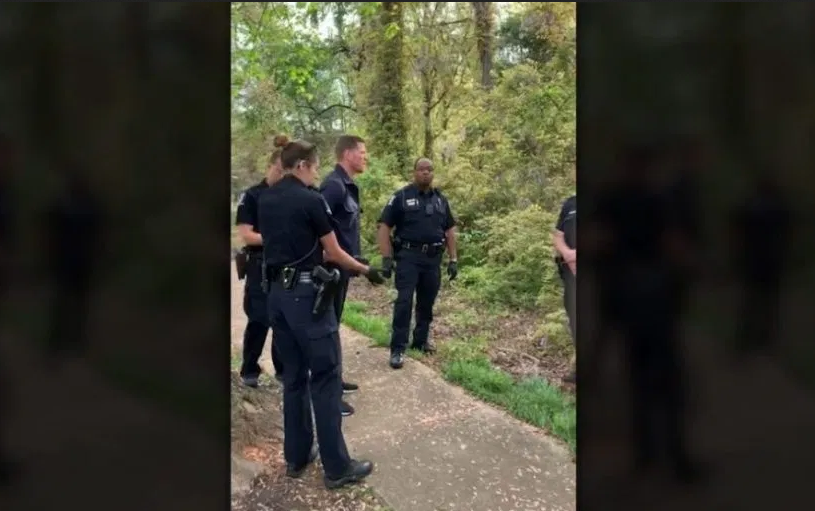The phone call simply made no sense.
I was still sipping my morning coffee when I got the call from an attorney regarding the non-profit Christian charity, Cities4Life, that I serve as president. He told me that Charlotte police were about to arrest some of our pro-life sidewalk counselors.
How could that be? Under the current local proclamation, social service work is clearly exempted from the more restrictive bans on public activity. We had actually confirmed our right to be sidewalk counseling with Charlotte police officials just a few days before.
Abortion facilities — deemed “essential services” under the proclamation — were open. The proclamation deems “organizations that provide charitable and social services” essential as well. Cities4Life provides counseling to pregnant women near abortion clinics in a peaceful, prayerful, and non-violent way, and also provides social services to them — including diapers, baby furniture, bottles, baby clothes, maternity clothes, groceries, and money for rent, utilities, vehicles, vehicular repair, gas, prenatal care, and follow-up ultrasounds.
Under the proclamation, we had to stay six feet apart and use hand-sanitizers. We also had less than 10 counselors on the sidewalk, as did workers from another Christian ministry, Love Life, standing outside the same facility.
In fact, we had just three counselors on the sidewalk that morning. (Four, once I arrived.) There were more people than that inside the abortion facility. Down the street, a Home Depot parking lot had hundreds of people coming and going with virtually no restrictions. A nearby liquor store was doing a brisk business, with no visible effort by anyone to keep six feet apart. Groups of all sizes were interacting in a park, not far from where we were standing.
None of that seemed to interest the (more than 10) police officers on hand to arrest us.
REACH PRO-LIFE PEOPLE WORLDWIDE! Advertise with LifeNews to reach hundreds of thousands of pro-life readers every week. Contact us today.
One officer wrote out a ticket citing us for having more than 10 people in place. We pointed out we were six shy of that number; he began arresting us anyway.
Two absurd things the police did make clear. One, that according to city officials, if we have less than 10 people on the sidewalk, but enough other people happen to walk past where we’re standing, or step out of the abortion facility, to make for more than 10 people in the area … we, as the counselors who were there first, will be the ones cited. Not the passersby, not the people emerging from the clinic. Just us.
If, like Charlotte’s mayor pro tem, you’re the kind of politician who appears to support abortion and resent sidewalk counselors, that’s what’s called a “creative solution.” So is the second policy the police officer made clear: walking on the sidewalk is fine, but praying on the sidewalk is not. Even, apparently, if you’re praying or counseling while you walk.
To recap: under the current shutdown rules in Charlotte, you can—with virtually no restrictions on crowd size—enjoy a family picnic in the park…swing by the liquor store…play golf or go jogging…join the weekend shoppers at Home Depot…or kill the baby in a woman’s womb.
But you can’t pray outdoors, in public, if you’re praying with more than nine others—or if local officials choose to pretend you are.
That’s an exceedingly selective application of government power and an extraordinarily brazen violation of our First Amendment rights. That’s why we filed suit through our attorneys with Alliance Defending Freedom—to protect those freedoms, not only for ourselves, but for people of any persuasion being singled out by the government for exercising their point of view.
Because if we let those freedoms slip away, we haven’t got a prayer…whether it’s uttered on a sidewalk or not.








